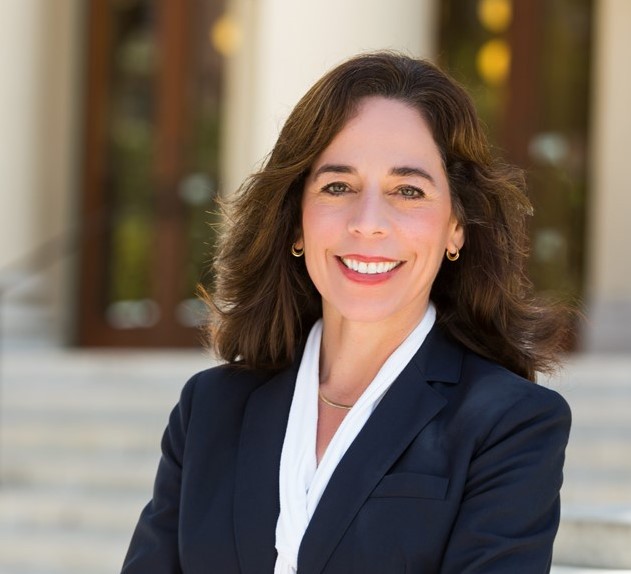By Mara W. Elliott
The erosion of civility in our society is troubling on many fronts, but especially when it infringes on people’s ability to participate in matters of public importance.
For those of us who were brought up to say “please” and “thank you,” it is disheartening to see how everyday interactions can now be punctuated by rudeness or personal attacks. Incivility rarely has consequences, and it can even be celebrated – on social media and by the mainstream media – as clever, or justified, or important.
Each round of bad behavior encourages and makes easier the next. The result is that many people no longer want to participate in public discourse.
I’m not here as Miss Manners, but as your City Attorney. I see the effects of incivility through the lens of city government and how it can impede our ability to best serve our constituents. In my view, full public participation depends on our creating safe places for our citizens to interact with city officials and with each other.
Our city needs to operate with a Code of Conduct that protects the public’s rights before things get too far out of hand. Through such a code, we can set standards for how city officials, city employees, and the public treat each other when we are conducting official business.
For example, members of the public should not be intimidated from giving input into public policy. If they cannot address the City Council without being vilified by people who disagree with them, they may never return to the council chambers. They may also balk at bringing other concerns to our attention, such as reporting sexual harassment, conflicts of interest, or other serious problems.
At a recent public hearing on a contentious issue, one group of San Diegans repeatedly hurled vile insults at another during the public comment period. Nothing was said to lower the temperature in the room or subdue the angry rhetoric, perhaps because we’re so accustomed to ugly behavior that we no longer gauge its impact on others. But nothing prevents us from promoting mutual respect. Rather than impeding free speech, it encourages it.
Many agencies across the country have adopted codes of conduct. They typically include:
Creating a welcoming and inclusive atmosphere that allows people of different viewpoints to disagree and freedom to challenge one another’s thinking.
Modeling of professional and respectful behavior by all elected and appointed officials, including their facial expressions and body language.
Allowing speakers to make remarks without interruption or argument.
Promoting thoughtful debate that is free of accusations and personal attacks.
Extending courtesy even to those who don’t return it. Our values are cheapened if they apply only to those who share our views.
Frequently a code of conduct, once adopted, will be posted at public meetings, printed in their agendas, and shown as part of televised proceedings. It also should apply to employees who take phone calls, answer emails, field complaints, or in any way interact with the public.
Of course, adopting a code, and even referring to it regularly, will not prevent some people from acting coarsely and interfering with the conduct of business. But a code can discourage those people from crossing a line that leads to their removal from a public building or meeting.
Just as importantly, everyone benefits from occasional reminders about how a civil society works. If the loudest and rudest appear to wield the greatest influence, it may be tempting for others to adopt their tactics. Setting ground rules to make clear what we should expect, and what is expected of us, allows everyone to have a fuller voice in our civic affairs.
Elliott is San Diego City Attorney














